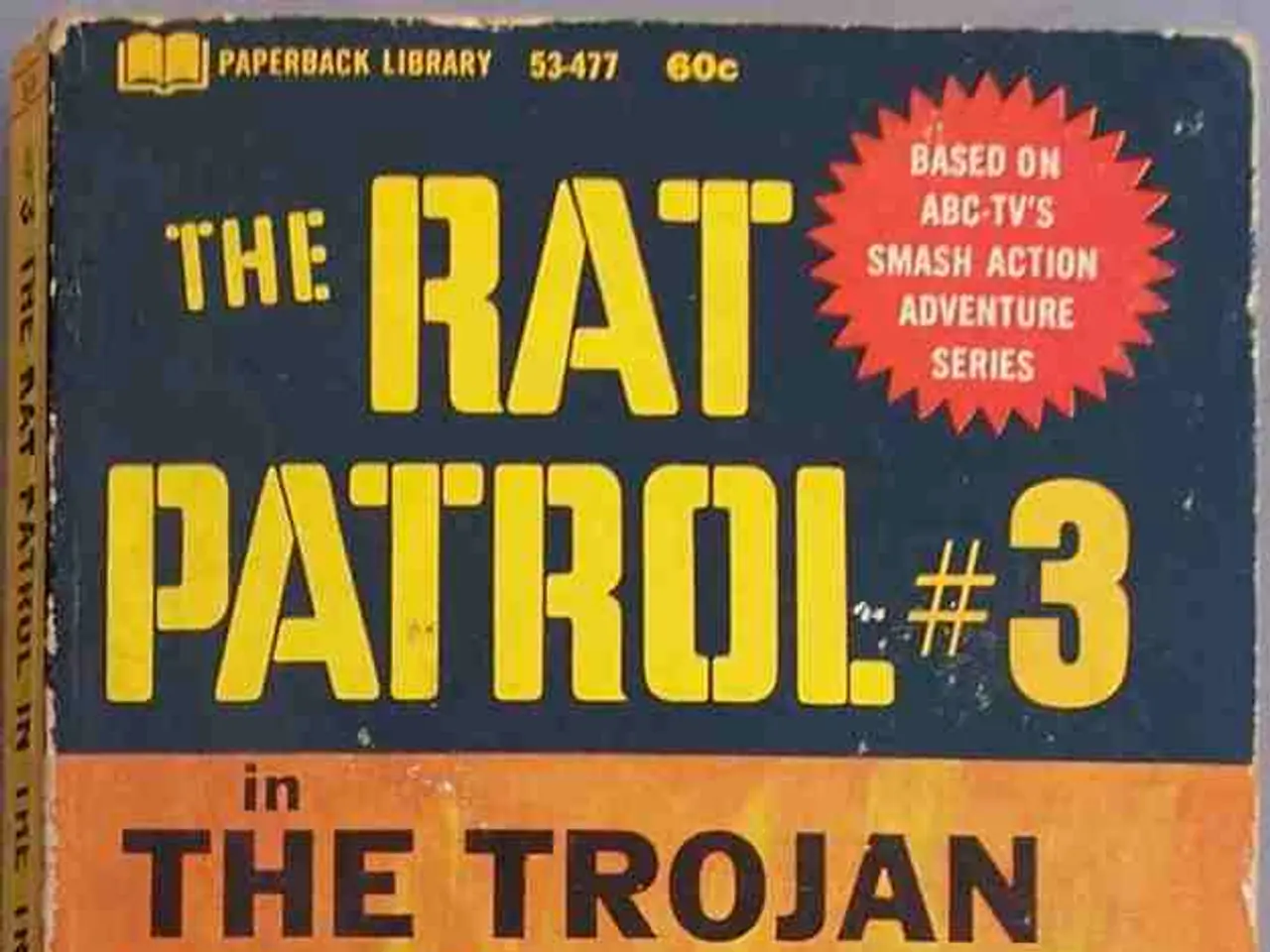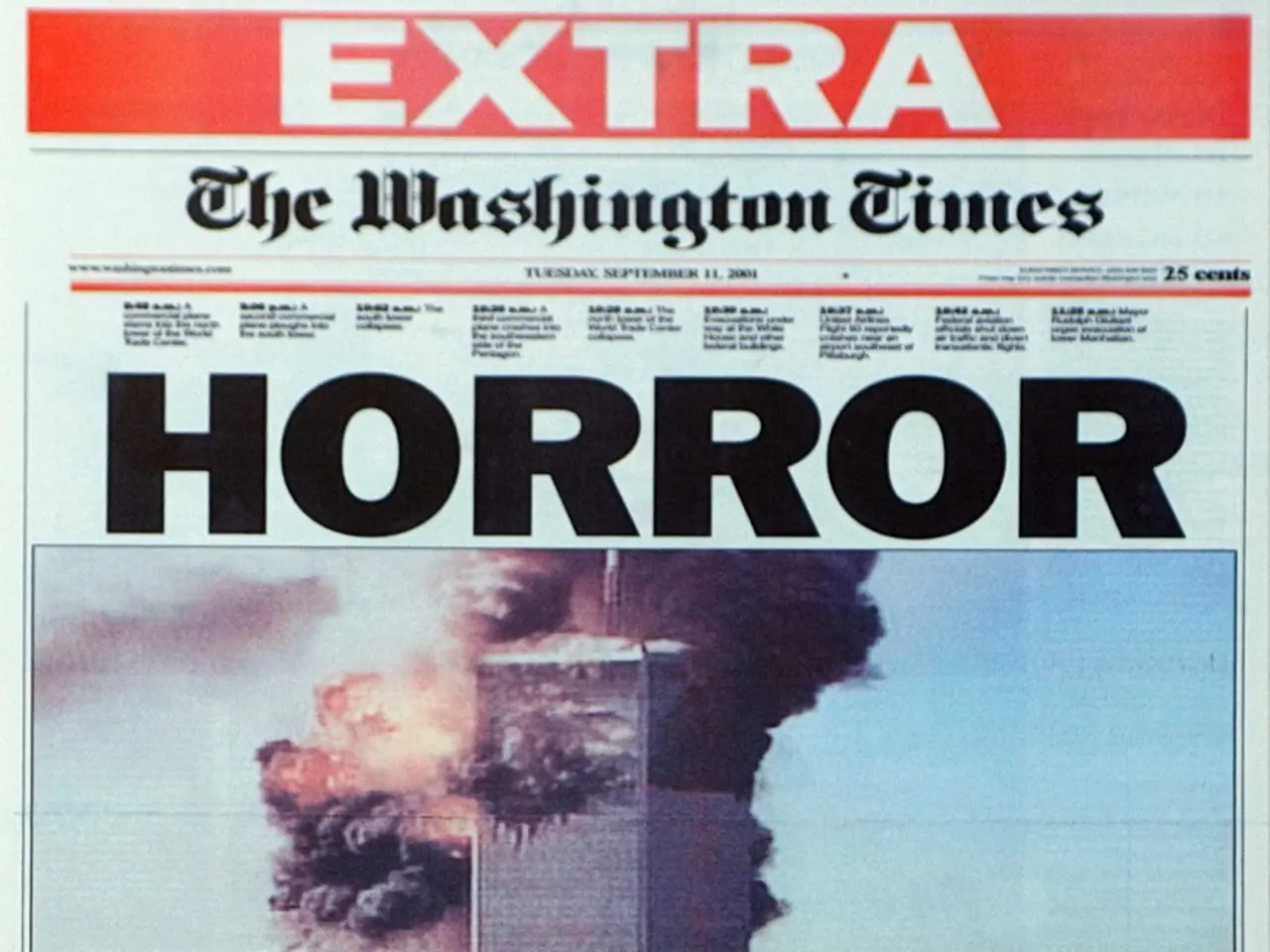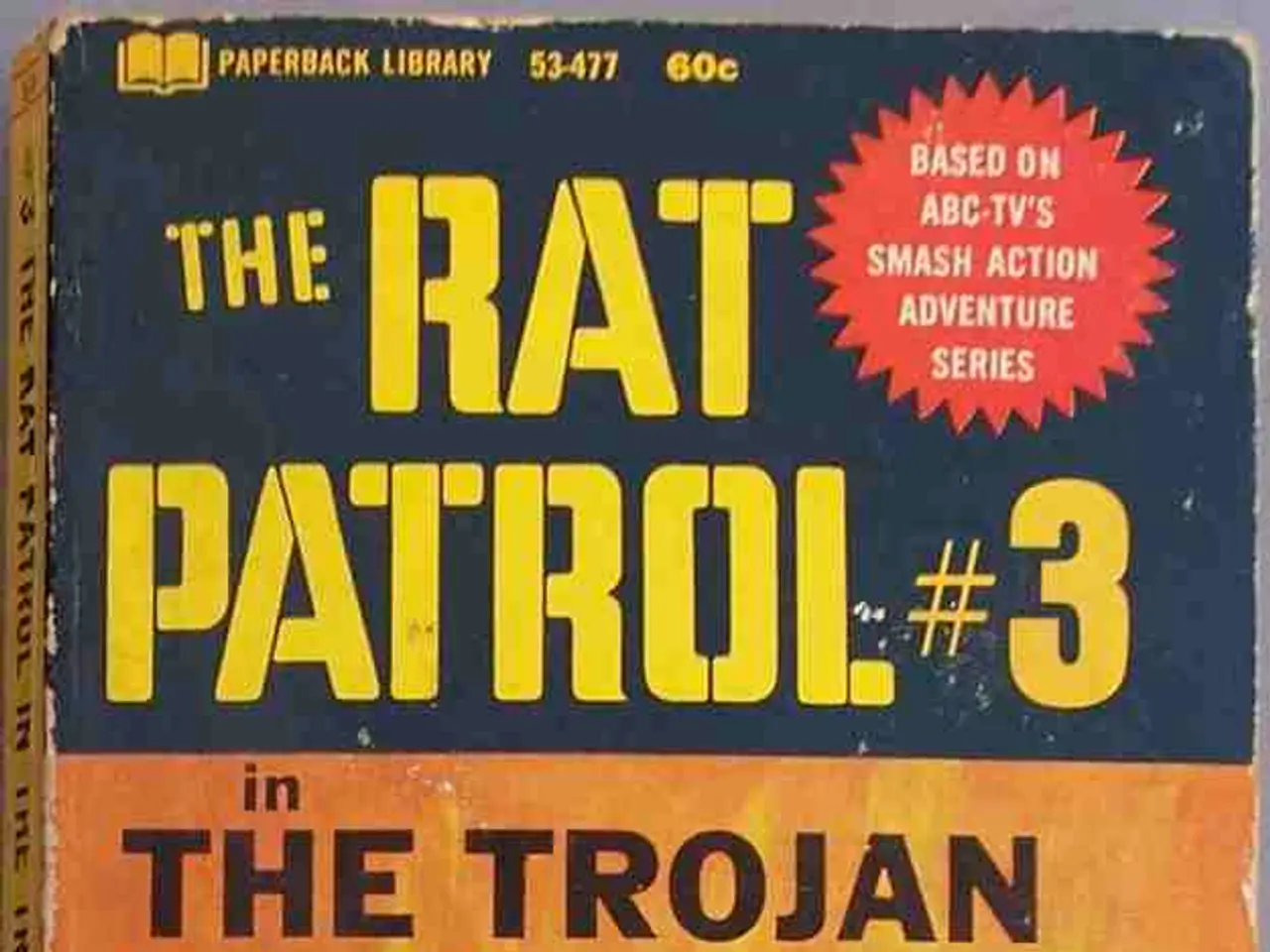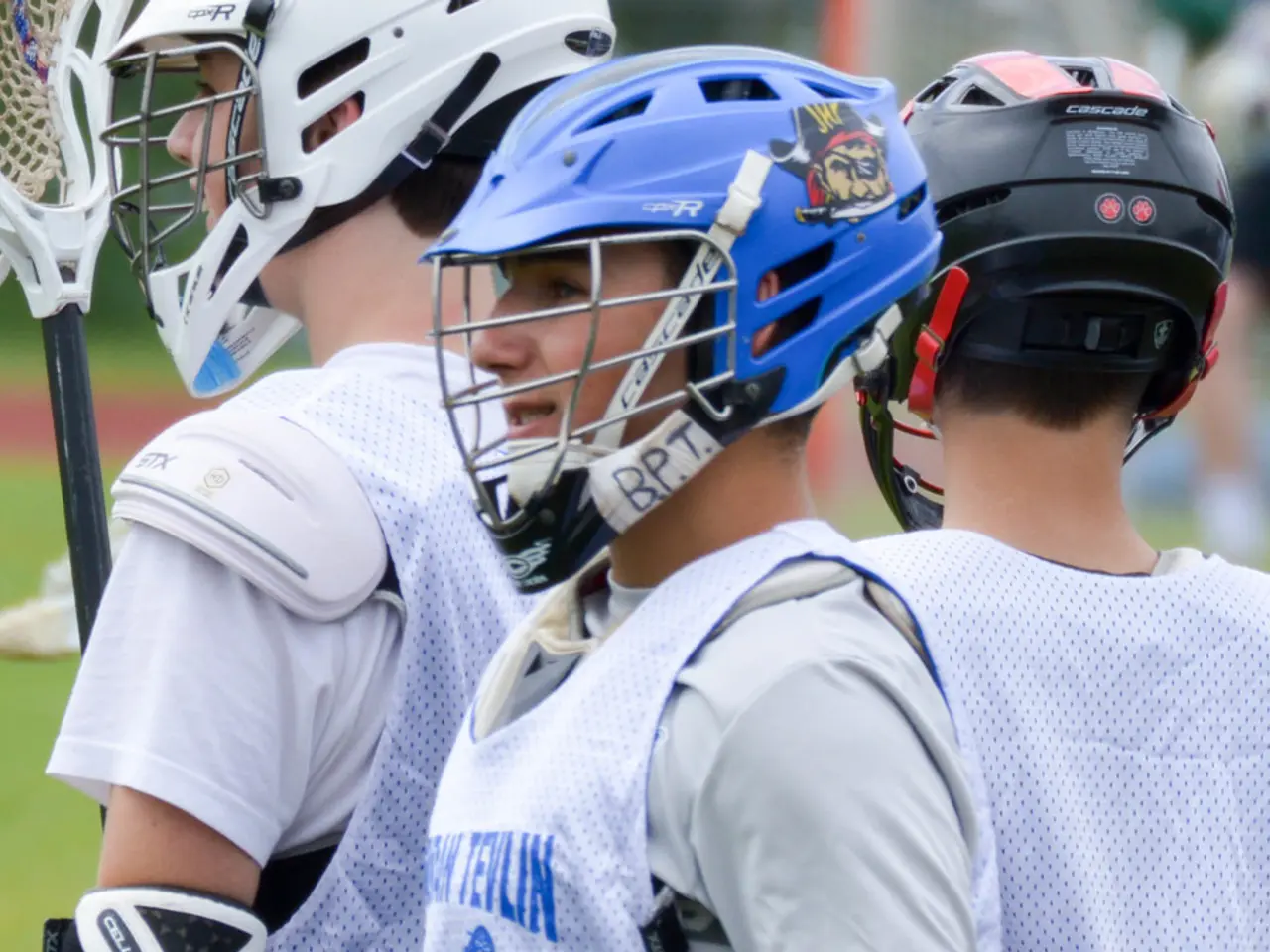NATO military analyst Carlo Masala assesses as NATO being in a diminished state
Summit Snapshot: The Hague Huddle - Unraveling NATO's Fate
Cologne/The Hague - The 2025 NATO summit in The Hague, as per military and political strategist Carlo Masala, was underwhelming, he told Deutsche Presse-Agentur in Cologne. "Frankly speaking, this was not a meeting where one could claim NATO emerged stronger," Masala stated without mincing words.
The Ukraine wasn't a major topic, and the Russian problem was vaguely addressed. As a result, NATO has, in essence, taken a step back, Masala asserted. "I'd put NATO in a precarious state right now."
Defensive Rhetoric for Trump Appeasement
The push for NATO countries to contribute 5% of their GDP on defense by 2035 is more of a strategy to appease U.S. President Donald Trump, Masala claimed. "These 5 percent aren't a result of collaborative deliberation, rather they stem from fear that if they're not delivered, the U.S. might rescind its security assurances." The question remains if member states will adhere to this agreement. Spain and Slovakia are openly against it, and Italy seems indifferent.
A Dizzying Dance with Trump
Doubts about U.S. reliability in a crisis persist as Trump's intentions are unpredictable, Masala pointed out. "Trump might claim loyalty today, but who knows what he'll promise tomorrow?" The NATO partners have tried to keep the USA engaged through flattery, but it's a gamble, Masala advised. "Stroking Trump's ego might work - or it might not, and who knows?"
Masala lashed out at NATO Secretary General Mark Rutte's sycophantic approach towards Trump, especially his public display of approving texts. "Rutte's groveling behavior, in public and private, is a new low in embarrassment," Masala criticized. "While I understand the need to keep the Americans in Europe, Rutte's humility as a NATO Secretary General is inappropriate."
The looming Russian Threat
The possibility of a Russian attack on a NATO country by the end of this decade is a genuine concern. "We're running out of time, and we need to act swiftly," Masala emphasized. "Europe needs a strategy for self-sufficiency regarding defense capabilities. If volunteers aren't forthcoming, conscription must be reinstated promptly."
Masala is due to present his book "If Russia Wins. A Scenario" at the Phil.Cologne philosophy festival in Cologne this Saturday.
Insights:- Summit Agenda: Focused on setting new targets for defense spending, with an emphasis on reaching the agreed 5% GDP defense spending target by 2035[1].- Enhanced Defense Spending: European allies are increasing defense spending, with many expediting their plans to meet the 2% GDP target by 2025[2].- U.S. Reliability: There's lingering concern over U.S. commitment to NATO, arising from historical inconsistencies and shifting U.S. strategic priorities[3].- Russia and Europe: The enhanced defense spending is aimed at deterring potential Russian aggression, with new structures like nuclear weapon sharing among European members under discussion[2][3].- Transatlantic Relations: The U.S. will maintain troops in NATO territory, but their numbers and posture may adjust as Europe takes on a greater defense role, with the goal of building a self-reliant European pillar within NATO[2].
In the context of the Hague Huddle and NATO's future, discussions revolved around policy-and-legislation, as NATO countries were encouraged to increase defense spending to 5% of their GDP by 2035 as a defensive rhetoric for Trump appeasement. Despite this, political uncertainty persists due to the unpredictable nature of U.S. President Donald Trump's intentions, leading to a precarious state of affairs for NATO (war-and-conflicts). Meanwhile, with the looming Russian threat, Europe must consider implementing self-sufficiency in defense capabilities (general-news).





